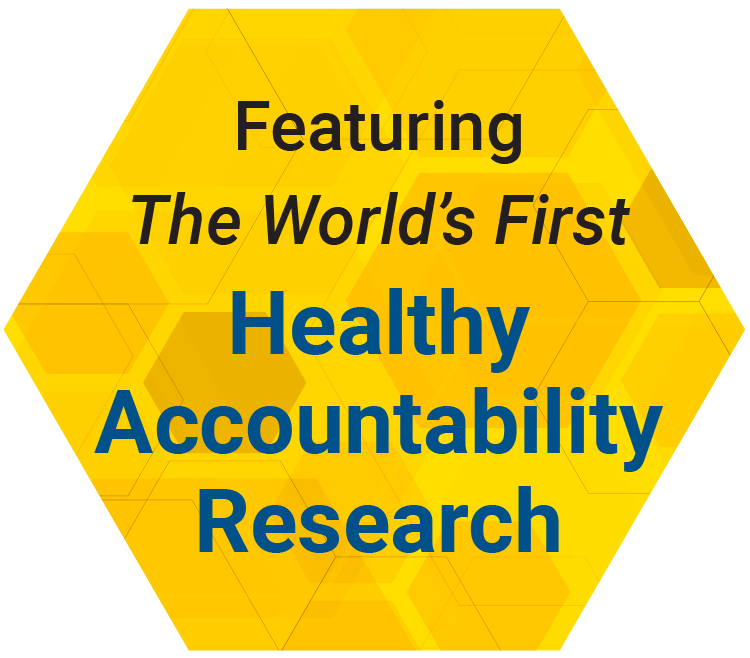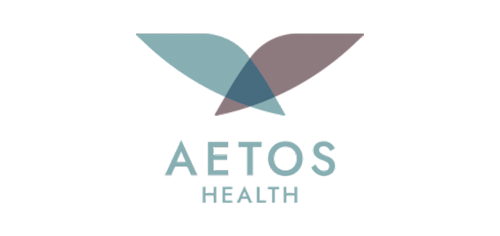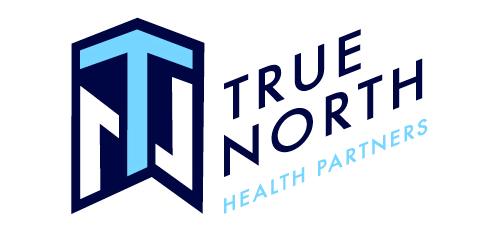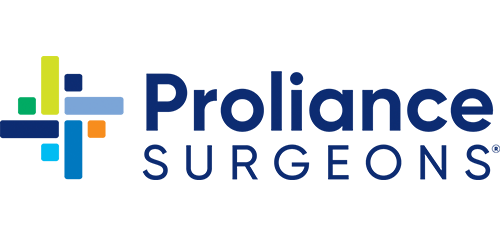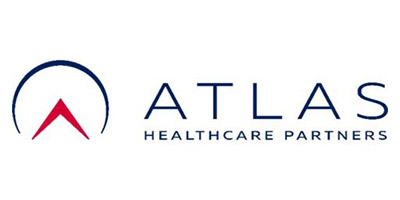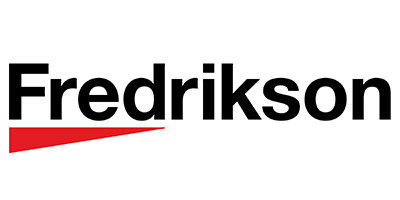Physicians are trained for clinical excellence -
but not for effective organizational leadership.
“You can’t have an effective organization without good leadership.”
– Paul Batz, Founder & CEO, Good Leadership

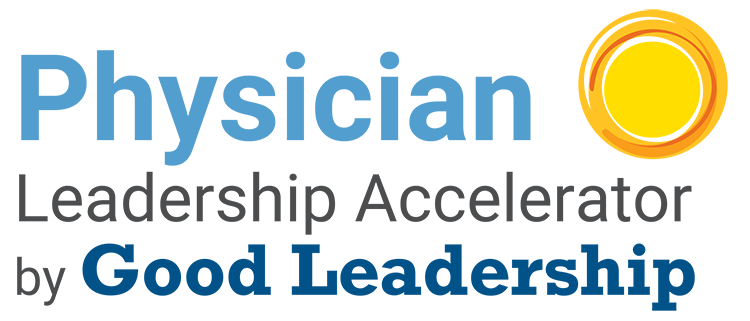
Building a clinically sound practice that’s also a successful business is a challenge many physicians face after medical school. An effective, faster alternative to the large university-based business and leadership programs is a cohort-based leadership development model with seasoned experts who’ve seen how good leadership matters in healthcare today.
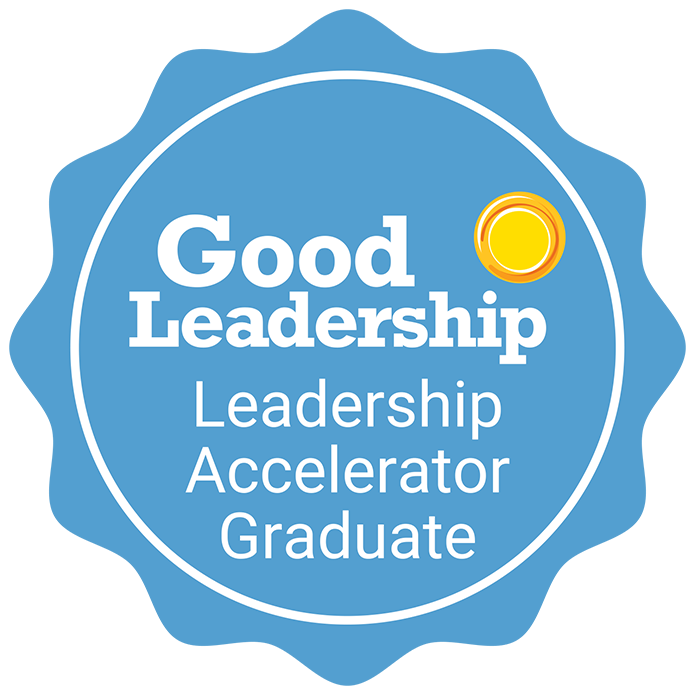
Now Enrolling for the 2026-2027 Cohorts
Presenting Partners:
Founding Partners:
Sponsors:
Steering Team:
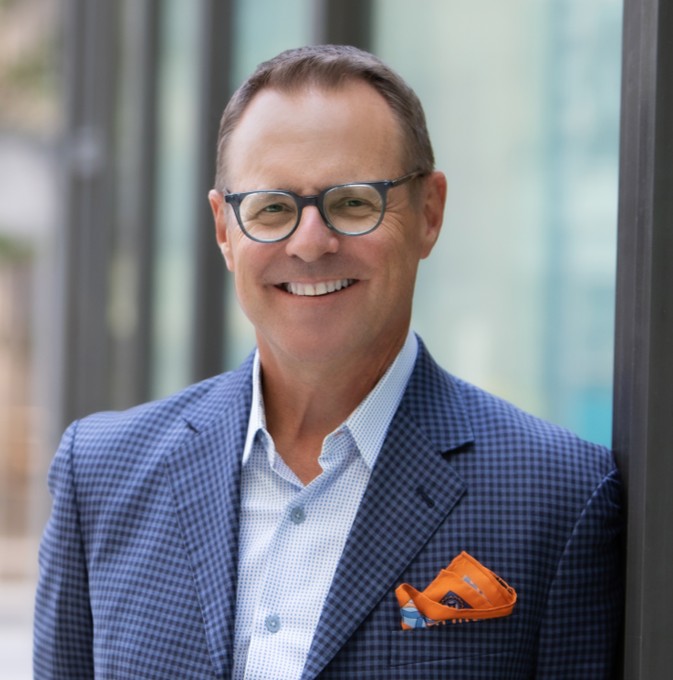
Paul Batz
Founder and CEO
Good Leadership
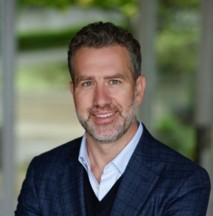
John Pryor, MD MHCDS
President and Chairman
Proliance Surgeons
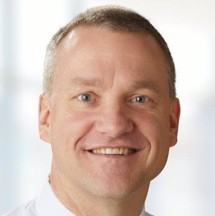
Mark Sannes, MD
Chief Medical Officer
HealthPartners
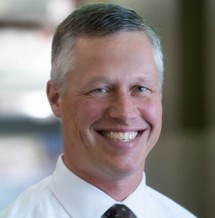
Troy Simonson
Founder and CEO
True North Health Partners
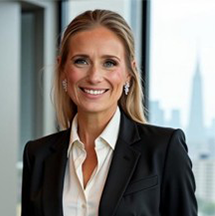
Rachel Uzlik, CPHQ
Founder and CEO
Aetos Health
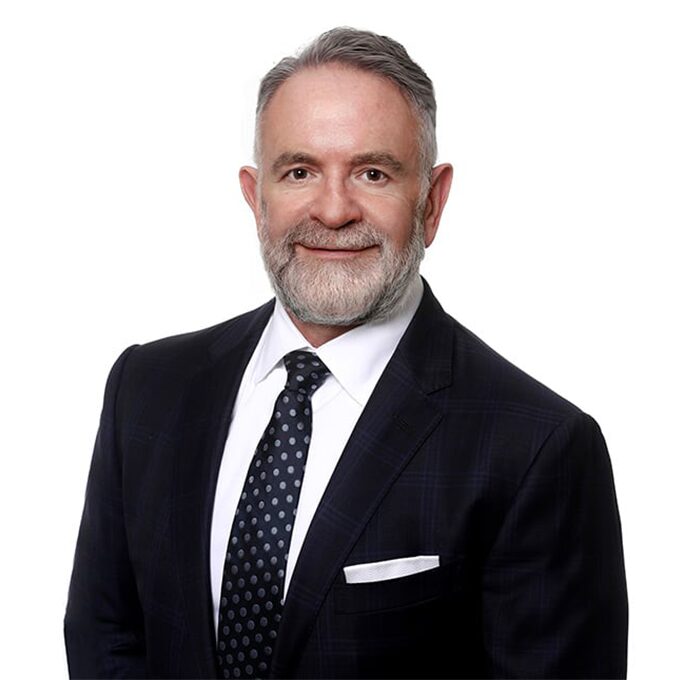
David Jevsevar, MD, MBA, FAAOS
Chief Executive Officer, OrthoVirginia
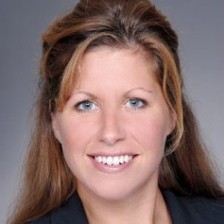
Shannon Foster, MD FACS
Speaker, Educator, Consultant
SMF Consulting Services
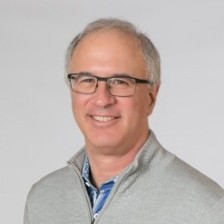
Ed Hellman, MD MBA
Former President
OrthoIndy
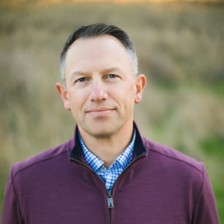
Mark Mariani, MD MBA
Chief Medical Officer and Vice President, Retail Health
MultiCare Health System
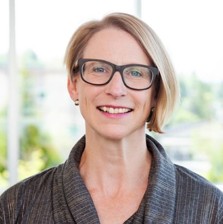
Yarrow McConnell, MD
Lead, Breast Program, MultiCare Cancer Institute
Multicare Health System
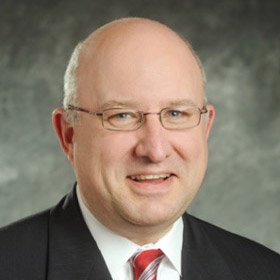
Dan McGinty
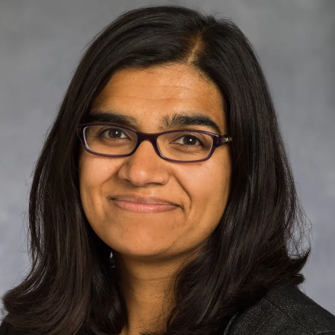
Retu Saxena, MD
Cardiologist and Researcher
Minneapolis Heart Institute Foundation
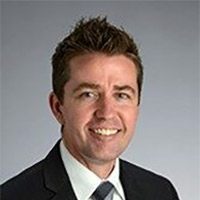
Robert Winfield, MD FACS
Head of Surgery
University of Kansas Medical Center
The Problem:
The demands of healthcare leadership have changed significantly because of consolidation and value-based care. M&A activity has turned healthcare into the business of medicine, with attorneys and finance professionals stepping into CEO roles. Today, the market demands something new: effective leadership means both clinical insight and patient care expertise. Medical schools don’t prepare physicians for this level of leadership.
Without structured leadership development, physicians struggle to prioritize self-improvement while managing a busy practice.
Transitioning from clinical expertise to mastering financials and board governance is a steep learning curve.
Traditional problem-solving techniques don’t always align with building effective teams, fostering growth, or navigating change.
Why the Physician Leadership Accelerator?
For Healthcare Providers who are:
Proven development model tailored to the demands of busy physicians who are seeing patients every day
Led by seasoned industry experts who have firsthand experience in leveraging good leadership and teamwork in patient care
Outcomes-focused programming, with CME credits available as early as the fall of 2025
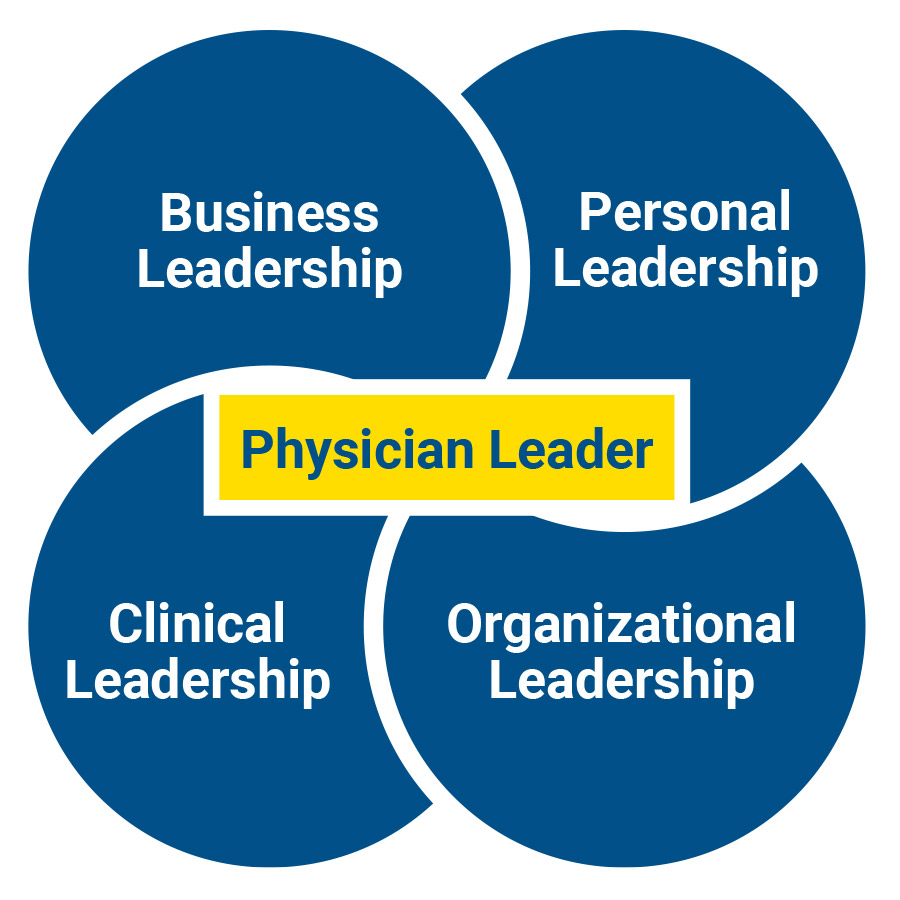
FAQ
Early and mid-career physicians learning to handle administrative, committee, or business leadership commitments beyond seeing patients day-to-day. 5+ years in practice.
The Physician Leadership Accelerator is based on Accelerated Learning theory – a small group of six physicians will be connected to one another through one Good Leadership Executive Coach. Together, through a series of workshops, the cohort will collectively learn new skills and design real-world homework assignments to improve as leaders. All participants will come together twice a year for a 2-day in-person retreat, where subject matter experts will facilitate workshops tied to key subjects. The program piques in an alignment meeting, where the coach and the participant meet with that participant’s sponsor to discuss the value of the program and set goals for future leadership.
Lead Coach and Curator:
· Paul Batz, CEO of Good Leadership is the Lead Coach and Curator
Founding Partners:
· Troy Simonson – Founder and CEO of True North Health Partners, former CEO of Twin Cities Orthopedics, and current CEO of Proliance Surgeons
· Rachel Uzlik, CPHQ – Founder and CEO of Aetos Health, and CEO of PELTO Health Partners
· Mark Sannes, MD – Chief Medical Officer, HealthPartners Care Group
· John Pryor, MD MHCDS – President and Chairman of Proliance Surgeons
Steering Team Members:
· Shannon Foster, MD FACS – Speaker, Educator, Consultant at SMF Consulting Services
· Ed Hellman, MD MBA – recently retired President of Ortho Indy
· Mark Mariani, MD MBA – Chief Medical Officer and Vice President, Retail Health at MultiCare Health System
· Yarrow McConnell, MD – Starting June: Lead, Breast Program, MultiCare Cancer Institute at MultiCare Health System
· Retu Saxena, MD – Cardiologist and Researcher, Minneapolis Heart Institute Foundation
· Rob Winfield, MD FACS – Head of Surgery, University of Kansas Medical Center
The Steering Team is comprised of early adopters – people who have shown enough interest in the program to volunteer their time to help it come alive. The collective group is facilitated by Paul Batz, Founder and CEO of Good Leadership. They are providing their personal and professional insights to the curriculum design. Some of the Steering Team members will also be participating in workshops and hosting sessions at the retreats.
The coaches will come from the coaching team at Good Leadership. Coaches will be selected based on the collective experience, aspirations, and personalities of each cohort group. Follow this link to see the full roster of Good Leadership Coaches.
The client services team of Good Leadership will interview each participant to learn about their motivation, goals, and leadership experience. The most effective cohort groups are comprised of people with similar motivation and varied backgrounds, skills, and experiences. Each cohort will be multi-specialty
The intention is to have physicians with varied specialties and backgrounds, including large systems and smaller physician-owned groups.
Business Leadership:
• Fundamentals of practice financials
• Effective Board governance and fiduciary responsibility
• Identifying and leveraging market differentiators
• Strategic financial planning and practice models
Organizational Leadership:
· High performing teams
· Building a culture of healthy accountability
· Influence without Authority
· Aligning Vision for Growth
Personal Leadership:
• Effective self-leadership
• Personal Visioning
• Development Planning
• Work/Life Wellness
Clinical Leadership:
· Developing and influencing a culture of data transparency and accountability
· Continuous quality improvement modeling to optimize practices
· Strategic navigation blending operations, clinical, and financial priorities
Executive coaching involves exploring personal and professional aspirations, learning how to leverage individual motivators, personality, and how to manage unprofessional stress responses. The coach will guide each physician in 1:1 conversations using specific Good Leadership coaching tools. Each participant will also receive the observations of people they work with through a process called Discovery Interviews. The coach will translate the aspirations, strengths, weaknesses, and motivations of each participant into a Leadership Development Blueprint which will guide each individual’s goals and focus areas.
Each 90-minute workshop will require 30-60 minutes of preparatory homework. Following each workshop, each physician will be assigned a real-world leadership task that will be incorporated into the normal course of business. An optional best practice is for each physician to have a 30-minute conversation with their coaching buddy (a peer in the program) to process what they are learning. The total time investment per month for homework will be approximately 2 hours.
Every participant will be paired 1:1 with a coaching buddy – a person in the cohort group – so individuals who missed one of the virtual workshops can have a specific person to help them make up the session.
25-26 Cohort:
- September 12-14, 2025
- May 1-3, 2026
26-27 Cohort:
- September 11-13, 2026
- April 30-May 2, 2027
Retreats will start on Friday night with an Opening Reception, and end on Sunday mid-morning with a Closing Brunch.
Travel to Minneapolis/St. Paul by airline varies from $200 – $800, depending on locale and time of year. Ground transportation should not exceed $150 per trip.
Hotel expense is estimated at $250 per night. A flight, ground transportation, and 2-3 nights in a hotel could be as much as $1,700 – likely less. With two retreats, the total expense could be as much as $3,400 total – likely less.
The short answer is “no.” However, the retreats have the highest collective value in the program – that’s where physicians expand their network and engage in real-time learning. Attendance and participation in at least one of the two retreats will provide some of those benefits. Attending both retreats will optimize the investment of time, energy, and money for the program.
The Steering Team has placed a very high priority on securing CME credits. The intention is to secure accreditation by the end of the first cohort group – June of 2026, which will be sufficient for credits to be earned by the first cohort group.
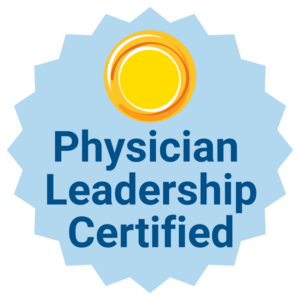
Physician Leadership Certification by Good Leadership – June 2026
A multi-specialty peer cohort-based leadership program designed to enhance personal, organizational, clinical, and business leadership skills for early and mid-career physicians.
Learn more about the Physician Leadership Accelerator today. Contact Good Leadership to schedule a conversation.
Download Summary Sheet
View or download the information on this page in PDF form.

